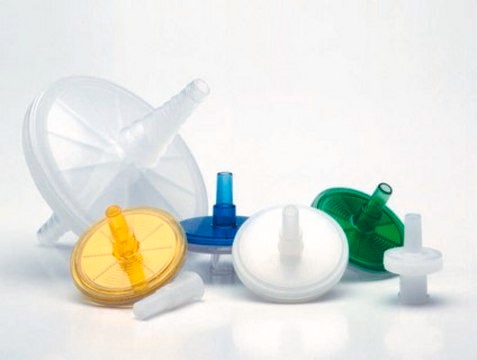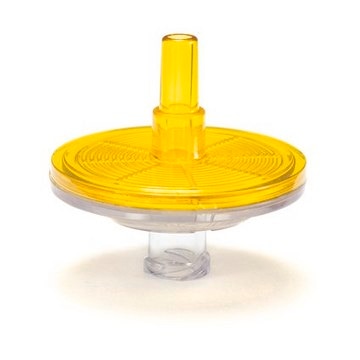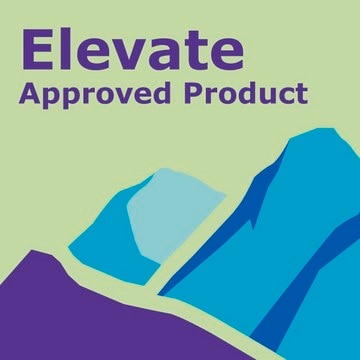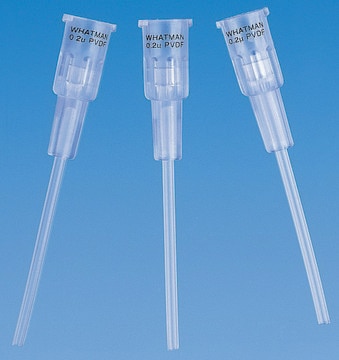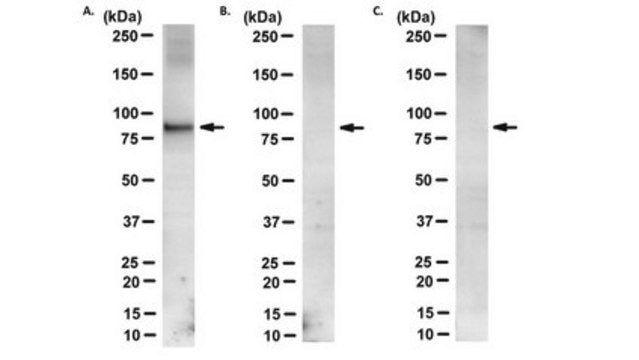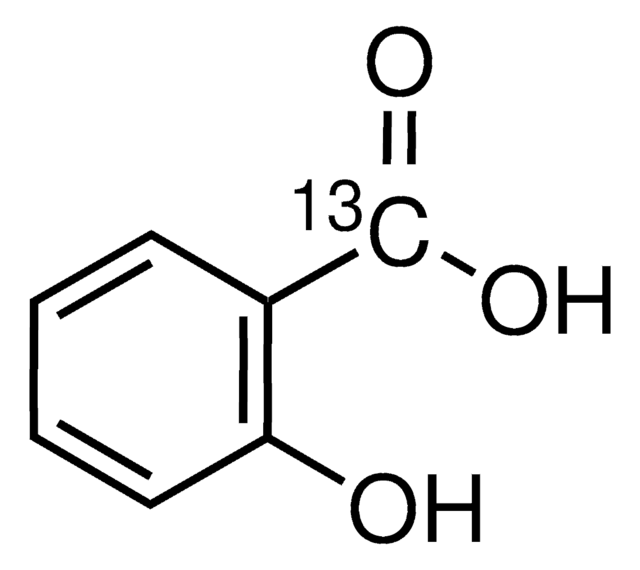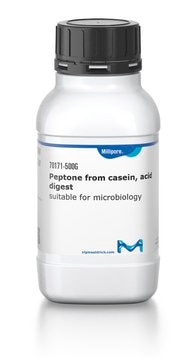MABN2415
Anti-phospho-NHE3 (Ser552) Antibody, clone 14D5
clone 14D5, from mouse
Synonym(s):
Sodium/hydrogen exchanger 3, Na(+)/H(+) exchanger 3, Solute carrier family 9 member 3, NHE-3
About This Item
Recommended Products
biological source
mouse
Quality Level
antibody form
purified immunoglobulin
antibody product type
primary antibodies
clone
14D5, monoclonal
species reactivity
rat, opossum, bovine, mouse, human
technique(s)
ELISA: suitable
immunofluorescence: suitable
western blot: suitable
isotype
IgG2aκ
NCBI accession no.
UniProt accession no.
shipped in
ambient
target post-translational modification
phosphorylation (pSer552)
Gene Information
rat ... Slc9A3(24784)
Related Categories
General description
Specificity
Immunogen
Application
Western Blotting Analysis: A representative lot detected phospho-NHE3 (Ser552) in Western Blotting applications (Kocinsky, H.S., et. al. (2005). Am J Physiol Renal Physiol. 289(2):F249-58; Kocinsky, H.S., et. al. (2007). Am J Physiol Renal Physiol. 293(1):F212-8).
ELISA Analysis: A representative lot detected phospho-NHE3 (Ser552) in ELISA applications (Kocinsky, H.S., et. al. (2005). Am J Physiol Renal Physiol. 289(2):F249-58).
Neuroscience
Quality
Western Blotting Analysis: 2 µg/mL of this antibody detected Sodium/hydrogen exchanger 3 in lysate from COS-7 cells transfected with wild- type NHE-3 (pSer552). It did not detect NHE-3 in lysate from untransfected COS-7 cells or those transfected with mutated NHE-3 (S552A).
Target description
Physical form
Storage and Stability
Other Notes
Disclaimer
Not finding the right product?
Try our Product Selector Tool.
wgk_germany
WGK 1
flash_point_f
does not flash
flash_point_c
does not flash
Certificates of Analysis (COA)
Search for Certificates of Analysis (COA) by entering the products Lot/Batch Number. Lot and Batch Numbers can be found on a product’s label following the words ‘Lot’ or ‘Batch’.
Already Own This Product?
Find documentation for the products that you have recently purchased in the Document Library.
Our team of scientists has experience in all areas of research including Life Science, Material Science, Chemical Synthesis, Chromatography, Analytical and many others.
Contact Technical Service